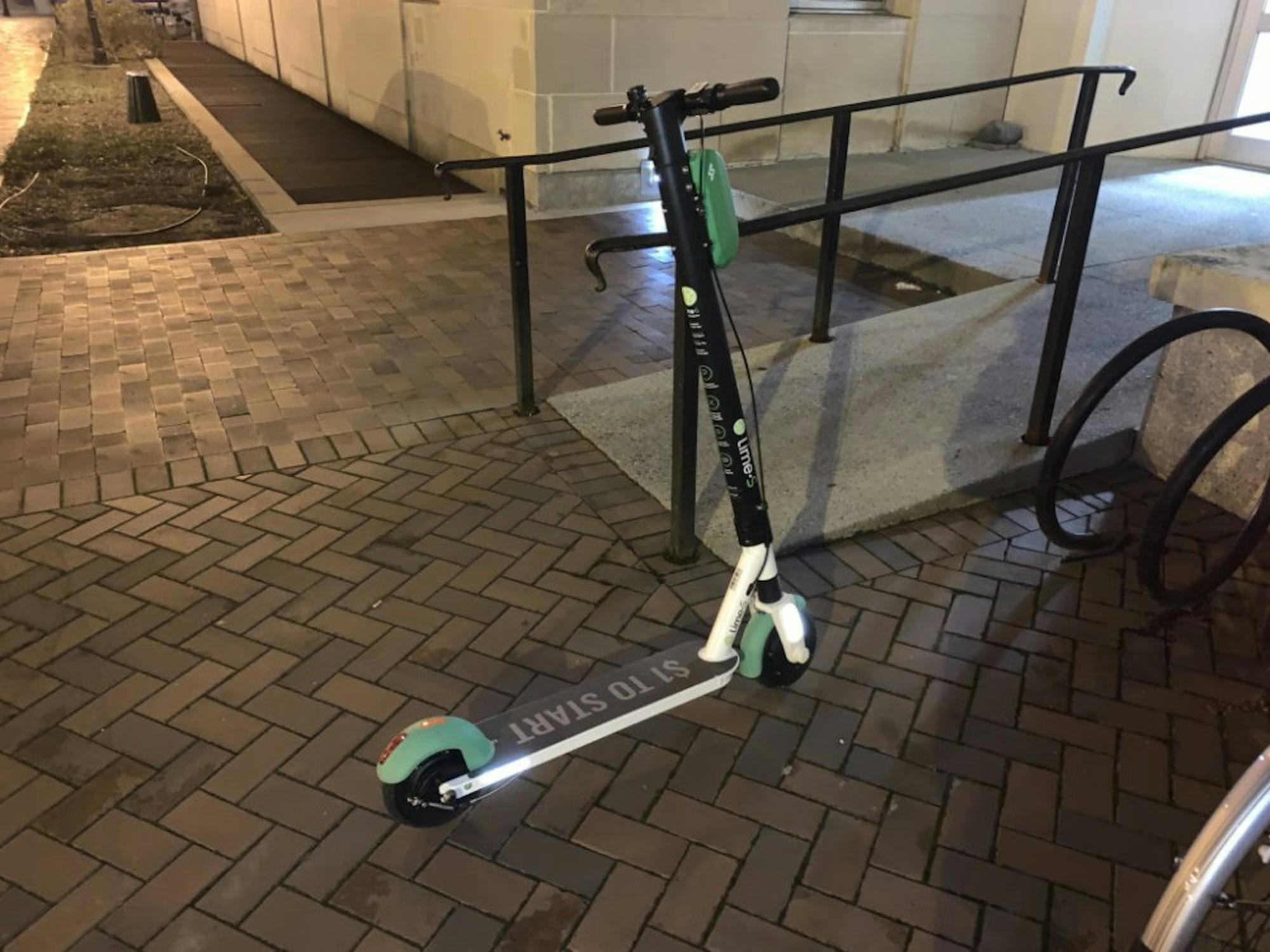
Lime Micromobility is examining its e-scooter deployment patterns around Emory to ensure pedestrian safety, according to Nima Daivari, community affairs manager for Lime in Georgia.
Daivari said Lime does not plan to stop servicing the Emory area but has reduced its presence around campus and is reworking its deployment for the area after receiving complaints from the University about improperly parked scooters on campus.
The University released a statement on Sept. 17 stating that it is developing a policy to improve pedestrian safety as e-vehicles become more popular.
“The policy will offer guidance regarding where e-scooters, e-bikes, bicycles, skateboards and other shareable mobility devices can be used on campus,” the statement reads.
Asbury Circle was designated at the beginning of the semester as a dismount zone for scooter riders.
Daivari said that Lime has been in contact with Emory Transportation and Parking Services regarding the redeployment of scooters, but they have not yet reached a service agreement.
“In order to have some sort of service agreement with a university, that would have to go through many channels, and we’re not there yet with Emory,” Daivari said.
In July, the city of Atlanta imposed a temporary nighttime riding ban on e-scooters and has since suspended the issuing of new licenses for “dockless mobility devices,” such as e-scooters and e-bikes. The hold on new permits maintains the maximum number of scooters per company at two thousand.
“The temporary ban on nighttime riding was a reasonable step, but it has been posed as temporary,” Daivari said.
Current permits for e-scooters will expire in January 2020, after which the city of Atlanta may require a request for proposal, which only allows specific vendors to operate in city limits, according to Daivari.







